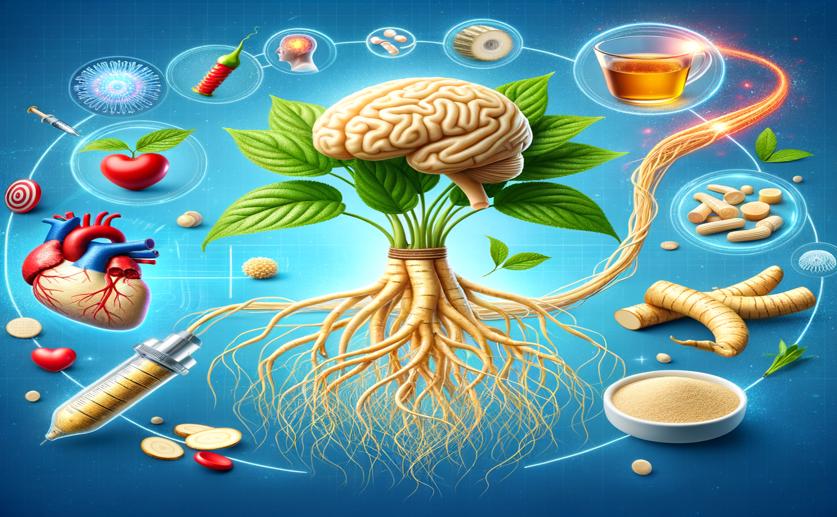
Ginseng Herbal Remedy Protects Brain by Improving Blood Flow After Stroke Injury
Jenn Hoskins
29th June, 2024

Image Source: Natural Science News, 2024
Key Findings
- Researchers at Beijing University of Chinese Medicine found that ginseng aconitum decoction (GAD) helps repair the blood-brain barrier (BBB) after ischemic stroke
- GAD significantly reduced leakage in BBB models and increased the expression of critical tight junction proteins
- In a mouse model of ischemic stroke, GAD treatment reduced IgG leakage and upregulated tight junction proteins, showing better results than Chinese ginseng or aconite alone
References
Main Study
1) Ginseng aconitum decoction (Shenfu Tang) provides neuroprotection by ameliorating impairment of blood-brain barrier in cerebral ischemia-reperfusion injury.
Published 26th June, 2024
https://doi.org/10.1016/j.brainres.2024.149098
Related Studies
2) Colchicine for the prevention of ischemic stroke: An updated meta-analysis of randomized clinical trials.
3) In-vitro blood-brain barrier models for drug screening and permeation studies: an overview.



 28th June, 2024 | Jenn Hoskins
28th June, 2024 | Jenn Hoskins